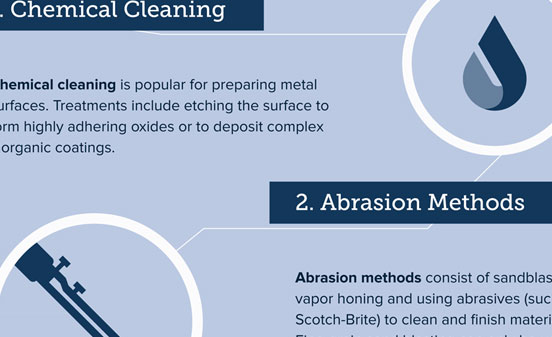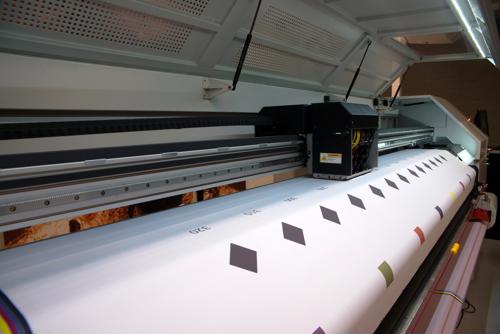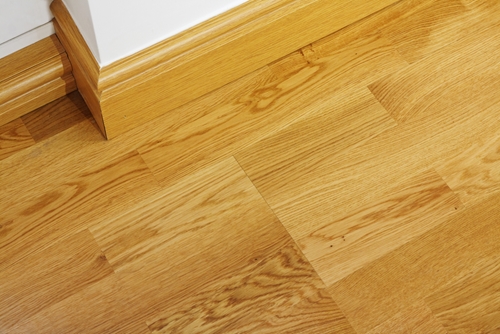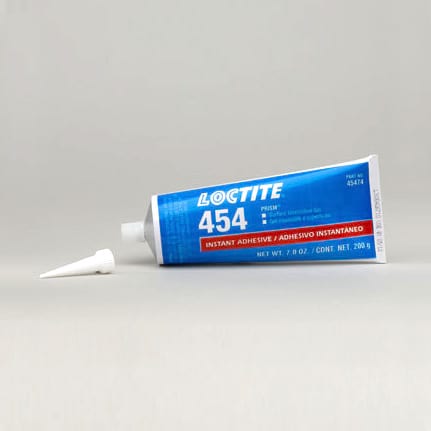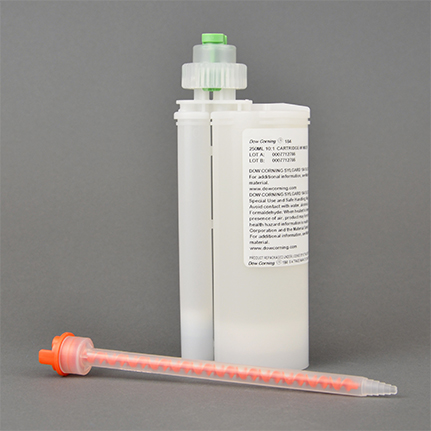

-
Description for Parker Lord IMB 3050 Primer
A single-component functional surface treatment agent designed for bonding addition cured (platinum-cured) silicone rubber to a variety of metal and compatible plastic substrates during the injection or compression molding process.Application Type Primer 1 Part or 2 Part 1-Part Material Form Liquid Substrate Polycarbonate, Difficult thermoplastic, Low surface energy, Some elastomers, Some polyamides, A variety of metal , Addition-cured silicone rubbers, Plastic substrates, Other thermoplastics Industry Medical Manufacturer Parker Lord Chemistry Propylene Glycol Methyl Ether, Versatile, Methyl Ethyl Ketone (MEK) Cure Method Solvent, Platinum-cured Viscosity (cPs) =<20 cps Color Clear to Slightly Yellow, Clear to Slightly Yellow Durability Durable Density (g/cm³) 0.930 Key Specifications International Organization for Standardization: Passes ISO 10993-5 cytotoxicity testing, International Organization for Standardization: Passes ISO 10993-10 skin irritation testing Can Be Used In Conjunction With These Materials A variety of addition-cured silicone rubbers -
Technical Data for Parker Lord IMB 3050 Primer
Overview
-
Application Type
- Primer
-
1 Part or 2 Part
- 1-Part
-
Material Form
- Liquid
-
Substrate
- Low Surface Energy
- Elastomer - Some elastomers
- Metal - A variety of metal
- Plastic - Difficult thermoplastic, Other thermoplastics, Plastic substrates
- Polycarbonate
- Polyamide - Some polyamides
- Silicone Rubber - Addition-cured silicone rubbers
- Other - A wide variety of substrates, Polyetherimides, Polyphenylsulfones
-
Industry
- Medical
- Other - Compression molding process, Injection molding process
-
Chemistry
- Solvent-Based - Methyl Ethyl Ketone (MEK), Propylene Glycol Methyl Ether
- Other - Versatile
-
Application Method
- Brush
- Spray
- Dip
-
Cure Method
- Platinum-Cured
- Solvent
-
Color
- Clear / Transparent - Clear to Slightly Yellow
- Yellow - Clear to Slightly Yellow
-
Key Specifications
- International Organization for Standardization : 10993 - Passes ISO 10993-10 skin irritation testing, Passes ISO 10993-5 cytotoxicity testing
-
Can Be Used In Conjunction With These Materials
- Silicones - A variety of addition-cured silicone rubbers
Specifications
Cure Specs
Viscosity (cPs) =<20 cps Test Method Dry Time (min) 30, Faster Bond Strength
General Bond Strength (psi) Strong Hardness
Durability Durable Other Properties
Flash Point (°F) 57.2 Test Method % Solids (%) 5.0 to 7, 5.0 to 7 Test Method Density (g/cm³) 0.930 Test Method Business Information
Shelf Life Details Shelf life is one year from date of manufacture when stored at 21-27°C (70-80°F) in original, unopened container. Shelf Life Temperature (°F) 70 to 81 Shelf Life Type From date of manufacture Shelf Life (mon) 12 -
-
Best Practices for Parker Lord IMB 3050 Primer
-
Application
Easy to Use., Apply primer by dip, brush or spray methods. The recommended dry film thickness of LORD IMB 3050 primer is 2-5 micron (0.05-0.2 mil).
-
Surface Preparation
Remove grease, oil, fingerprints, dust, mold release agents and other contaminants from the surfaces to be bonded. Wear chemical resistant gloves, such as nitrile
avoid latex gloves. Wipe the surfaces with a clean cloth soaked in a solvent such as isopropyl alcohol or heptane. On metal surfaces, a suitable alkaline degreasing agent may be used. Rinse metals and allow the surfaces to thoroughly dry., Although plasma treatment of thermoplastic substrates is typically not necessary, it can improve the wetting properties of the primer on more difficult, or low surface energy, substrates.
-
Mixing
No agitation is required before or during use. LORD IMB 3050 primer is used full strength for brush, dip and spray applications. If necessary, primer can be diluted with propylene glycol methyl ether (DOWANOL® PM) up to a 1:1 ratio., For bonding difficult silicones, or for enhanced bond durability during exposure to extreme environments such as steam autoclave, LORD IMB 3040B catalyst can be added to LORD IMB 3050 primer. A mix ratio of 10 parts IMB 3050 primer to 2 parts IMB 3040B catalyst is the recommended starting point. To mix the components, weigh out the appropriate amount of IMB 3050 component into a secondary container. Add the corresponding amount of IMB 3040B component and thoroughly stir until completely mixed. Mixed working life is approximately 24 hours at room temperature.
-
Curing
Dry primer for 30 minutes at room temperature
do not use IR drying. For faster drying, a convection oven at 65°C (149°F) can be used., Parts should be molded within 24 hours of primer application. During this time, avoid exposure to excessive humid conditions. Parts should be stored at <50% relative humidity.
-
Clean-Up
Use MEK or propylene glycol methyl ether for clean up of uncured primer. Thoroughly cured primer may require solvent immersion for extended periods of time, followed by mechanical abrasion.
-
-
Comparable Materials for Parker Lord IMB 3050 Primer
Spec Engine® Results
Closest Results from this Manufacturer
Popular Articles
Infographic: ENSURING A STRONG BOND - 6 Basic Methods of Surface Preparation
Read ArticleTesting the effectiveness of surface treatments
Read ArticleSponsored Articles
Unique Advantages of Contact Adhesives
Read ArticleUsing LOCTITE® 454™ is a Valid Option for Engineers Working with a Wide Variety of Materials
Read ArticleSylgard 184 by DOW is the Top Choice for a Transparent, Silicone Encapsulant. Read Why:
Read ArticleCase Study: Creating reliable, corrosion-free bonds with LORD® 406 acrylic adhesive
Read ArticleFeatured Ads

Viscosity Test Methods
| Viscosity | Test Method | Temperature |
|---|---|---|
| =<20 cps | Brookfield LVT, Spindle 1, 60 rpm, Data is typical and not to be used for specification purposes. | 25°C |
% Solids Test Methods
| % Solids | Test Method |
|---|---|
| 5.0 to 7 % | By Weight, Data is typical and not to be used for specification purposes. |
| 5.0 to 7 % | By Volume, Data is typical and not to be used for specification purposes |
Density Test Methods
| Density | Test Method |
|---|---|
| 0.930 g/cm³ | Data is typical and not to be used for specification purposes. |
Flash Point Test Methods
| Flash Point | Test Method |
|---|---|
| 57.2°F | Data is typical and not to be used for specification purposes. |






